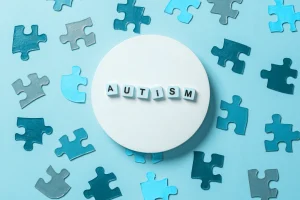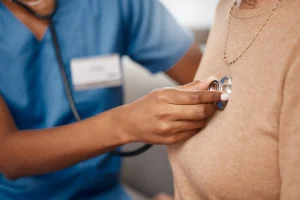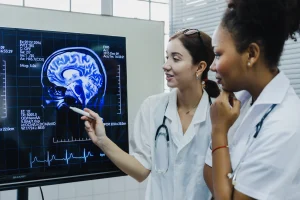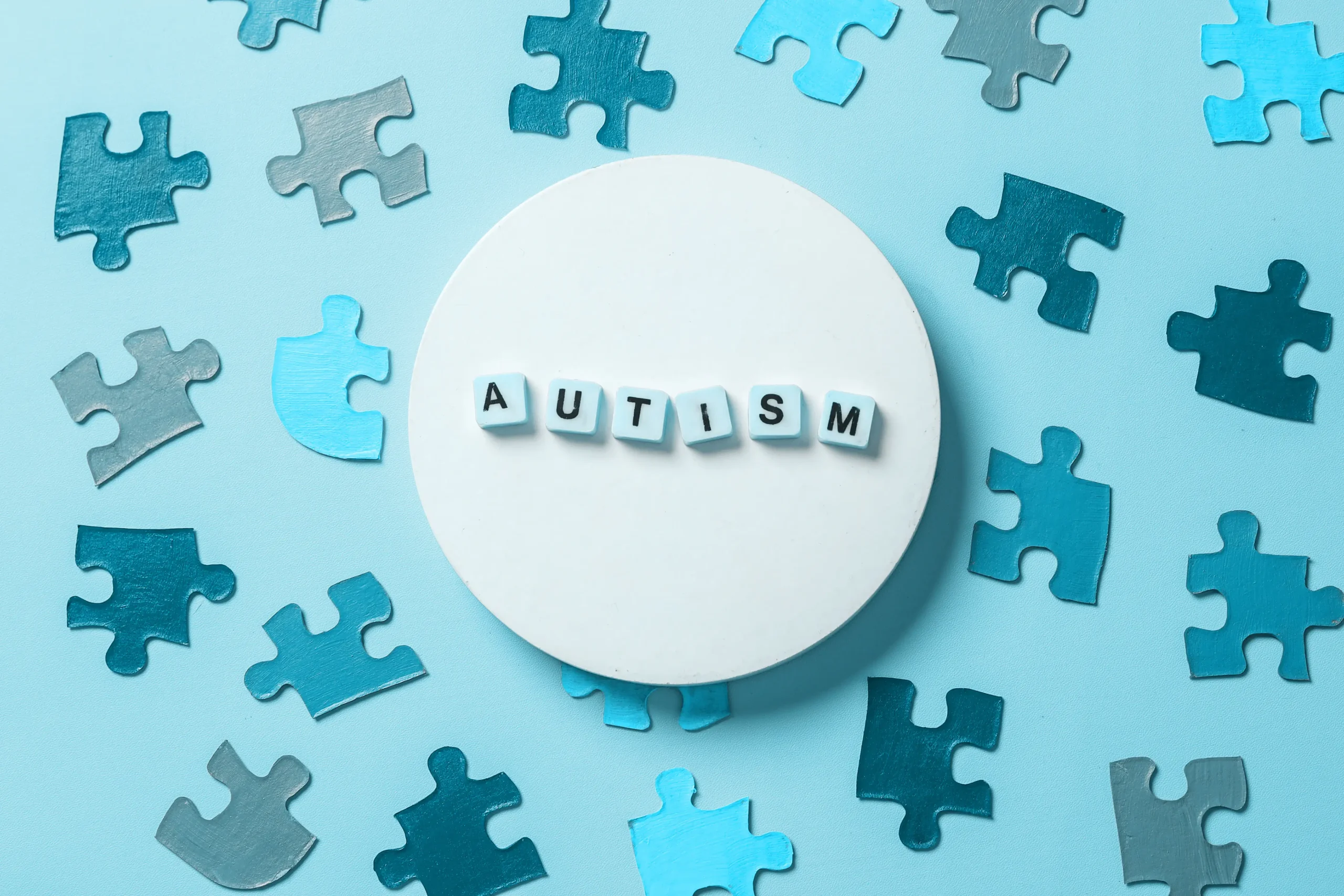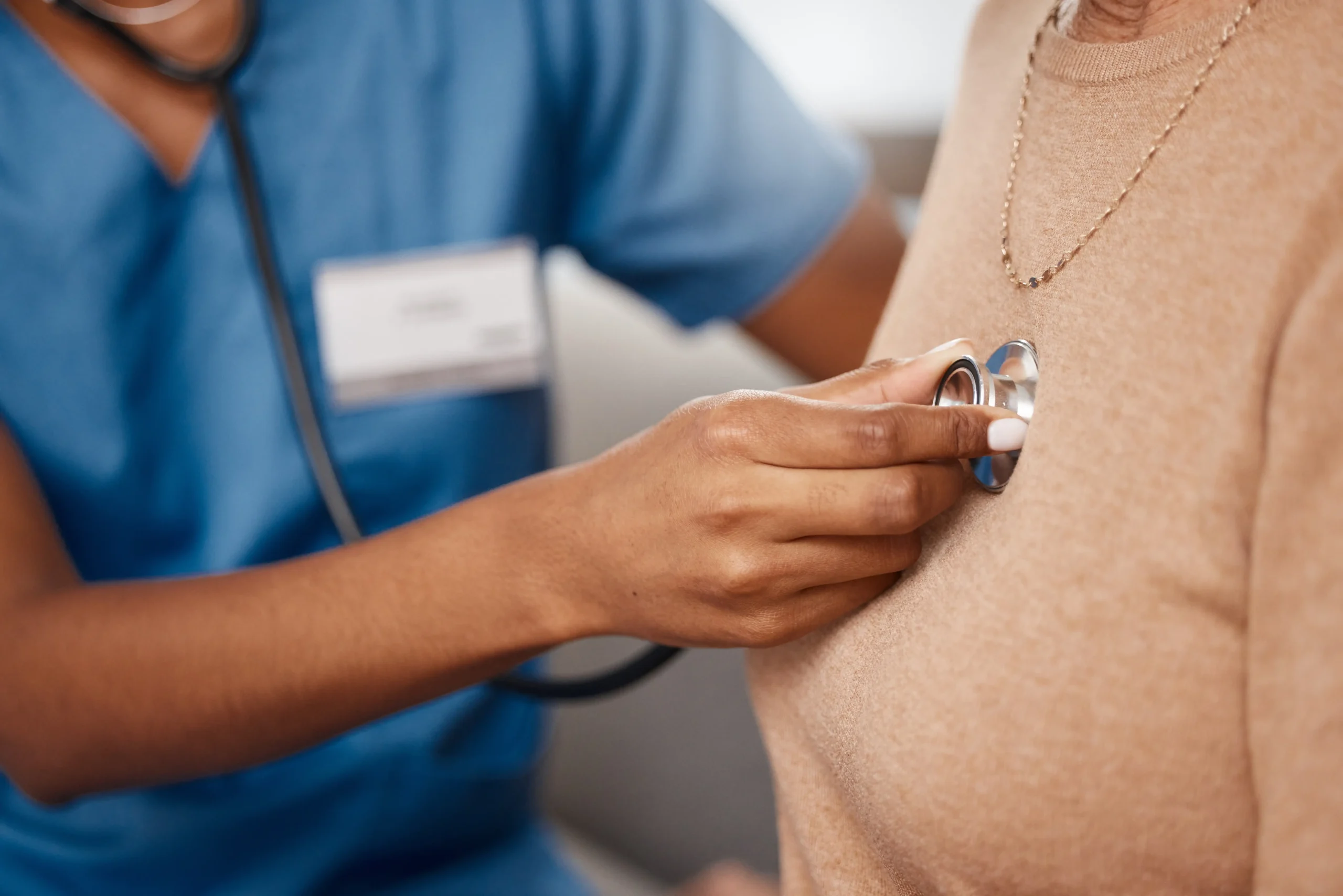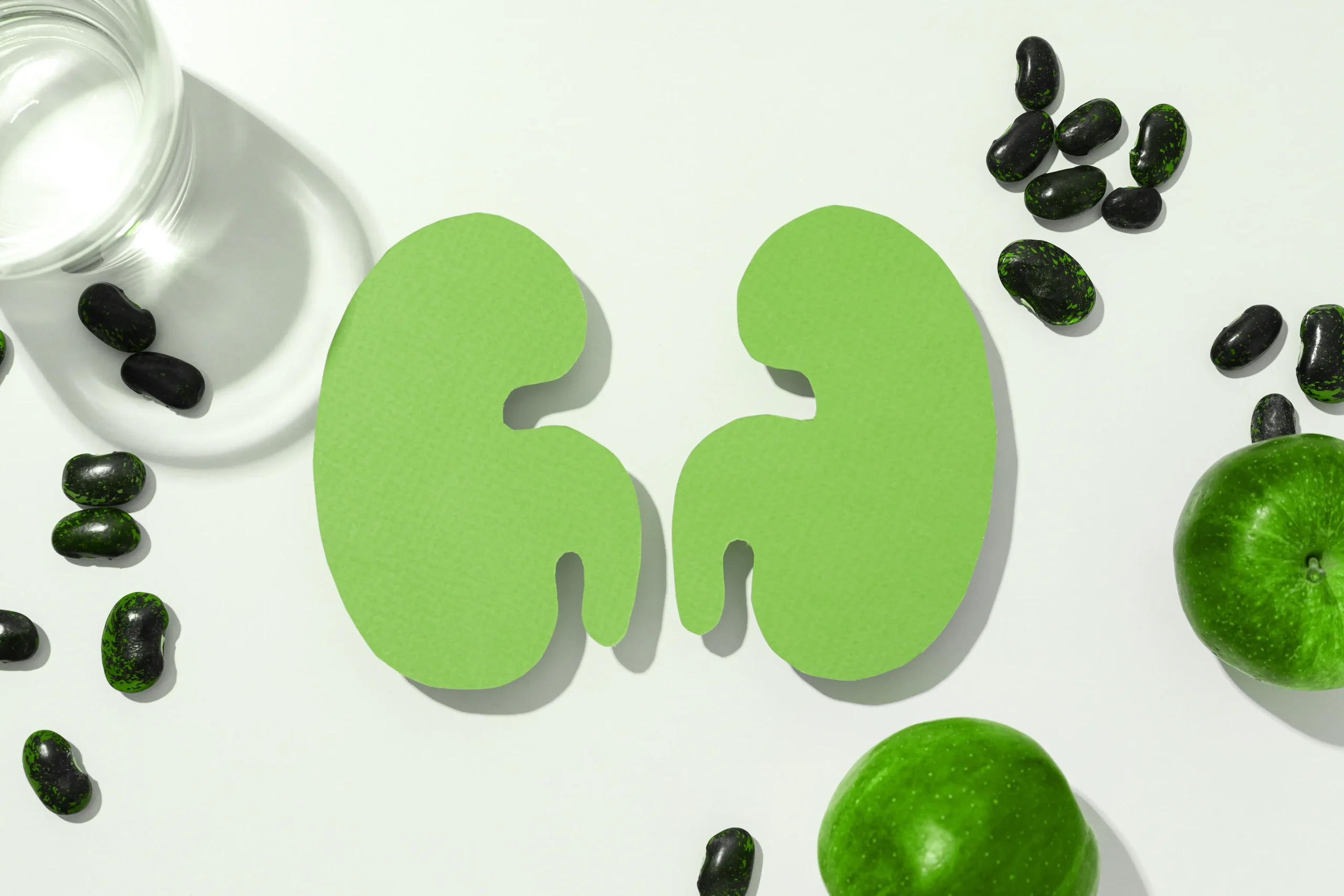TB Truths and Myths
Tuberculosis (TB) is an infectious disease which is mostly known to affect the lungs. However, it can also take its toll anywhere in the body, such as the spine, brain or kidneys. Not everyone who is infected with TB gets sick (this is called latent TB) but you should make an appointment with your doctor immediately if you begin to show the following symptoms:
- A bad and persistent cough lasting longer than 2 weeks
- Pain in the chest
- Coughing up blood in the sputum
- Extremely tired and weak
- A loss of appetite
- Rapid weight loss
- Chills and/or fever
- Night sweats
- Difficulty in breathing
- Swollen glands
We are often misinformed about TB which is why there are so many myths out there about what causes TB and how it is spread. This article dispels some of the more popular ones.
Myth – People with active TB are extremely contagious
Truth – TB bacteria are spread through the air and are very infectious. However, if someone with active TB has been on TB medication for 14 days, they can no longer infect other people even if they still show signs and symptoms. Did you know that most people who breathe in the TB bacteria are able to fight it and stop it from growing? The white blood cells (immune system) can restrict the bacteria so that they remain dormant in the body. This is called latent TB. The problem is that if it’s still alive in your body and if your immune system is weakened in any way, the bacteria will become active and can start growing and cause TB disease.
Myth – You can get TB from the food and water consumed by an infected person
Truth – You cannot get TB through food and water, nor by kissing someone or holding their hand. You cannot even get it by sharing a toilet seat or a toothbrush with someone who has the disease. TB can only be spread when a person with active TB disease releases germs into the air by coughing, sneezing, talking, singing, or laughing. Active TB means the person has a pulmonary (lung) TB or extra-pulmonary (outside the lungs) TB and displays symptoms of the sickness. Extra-pulmonary TB is not infectious because it cannot come out into the air.
Myth – TB cannot be cured
Truth – The good news is it can be cured, even in people who have HIV. TB is treated with a long course of TB drugs. You may even need to take various types of TB drugs for as long as 31 weeks before the TB bacteria have completely cleared out of your system. And to get a clean bill of health you must take all the prescribed medication, otherwise, not all of the TB bacteria will be destroyed. Some people start feeling better and decide they don’t need to finish their course of antibiotics. This is a big mistake and the bacteria can start growing again and develop drug-resistant properties.
Myth – Only people with HIV can get TB
Truth – Anyone can get TB but people who are most susceptible to the disease are usually vulnerable in one way or another, such as those:
- with underdeveloped immune systems, such as babies and young children
- suffering from chronic illnesses like diabetes and kidney disease
- who have undergone surgery to receive organ transplants
- who are being treated with chemotherapy for cancer
- who are receiving treatments for deficient immune systems
Myth – TB is a South African disease
Truth – While South Africa may have one of the highest incidents of TB, the illness has infected approximately 24% of the world’s population. This means nearly 1,9 billion people are infected with TB on a global level.
Myth – ALL people who are HIV positive have TB and all TB patients have HIV
Truth – Although there is a strong correlation between TB and HIV, not all people with HIV have TB and vice versa. HIV breaks down the immune system and people with latent TB will get active TB if they become HIV positive and don’t take ARV’s immediately. People who become HIV positive and do not have latent TB, will not get TB unless they get infected by being in the presence of someone with active TB who is not on medication.
There are 5 ways a medical practitioner can check to see if you have contracted the bacteria:
- Blood test – Blood will be taken from your arm using a syringe and then sent to the laboratory for testing.
- TB skin test – You will be injected into the skin of your forearm. Your skin is checked after 3 days for signs of TB.
- Sputum sample – Mucus from your lungs is collected in a container. It will then be tested for the TB bacteria and can be helpful in assisting healthcare providers when choosing the best treatment for you.
- Chest x-ray – Your chest area will be x-rayed using a special machine which can help healthcare professionals see whether you have TB and can show signs of swelling, infection or lung collapse.
- CT scan – This is quite similar to a chest x-ray in that the results can show lung damage or infection and indicate TB.
To prevent the spread of TB you should:
- Listen to doctor’s orders and continue taking your medicine until it is finished. Contact your healthcare provider immediately if you forget to take a dose.
- Make sure you wash your hands using soap and water after going to the toilet, changing a baby’s diapers, or coughing and sneezing into your hands. Also wash your hands just before preparing or eating food.
- Always cover your mouth and nose when you cough or sneeze. Preferably try to cough and sneeze into a tissue, which can be flushed down the toilet afterwards.
- When you suspect you might have TB, avoid close contact with vulnerable people who are at an increased risk of getting TB, such as babies, the elderly and sickly people.
- Be open and honest about your TB with family, friends, and co-workers. They may have latent TB and need to take medicine to prevent it from becoming active.
If you are worried you may have TB, you should visit your local clinic or hospital to be tested free of charge. If the results show you do have the disease, you will receive treatment and make a full recovery at no cost.
The lenmed Group is a world-class chain of Private Hospitals that brings quality healthcare to communities across Southern Africa.
For more information please contact:
SANTA Western Cape
Tel: +27 (0) 21 952 4966 or +27 (0) 82 466 0309
Email: [email protected]
Website: www.santawc.co.za
Disclaimer: Any information contained here is merely a guideline. Always visit your healthcare practitioner for any health-related advice or diagnosis.





